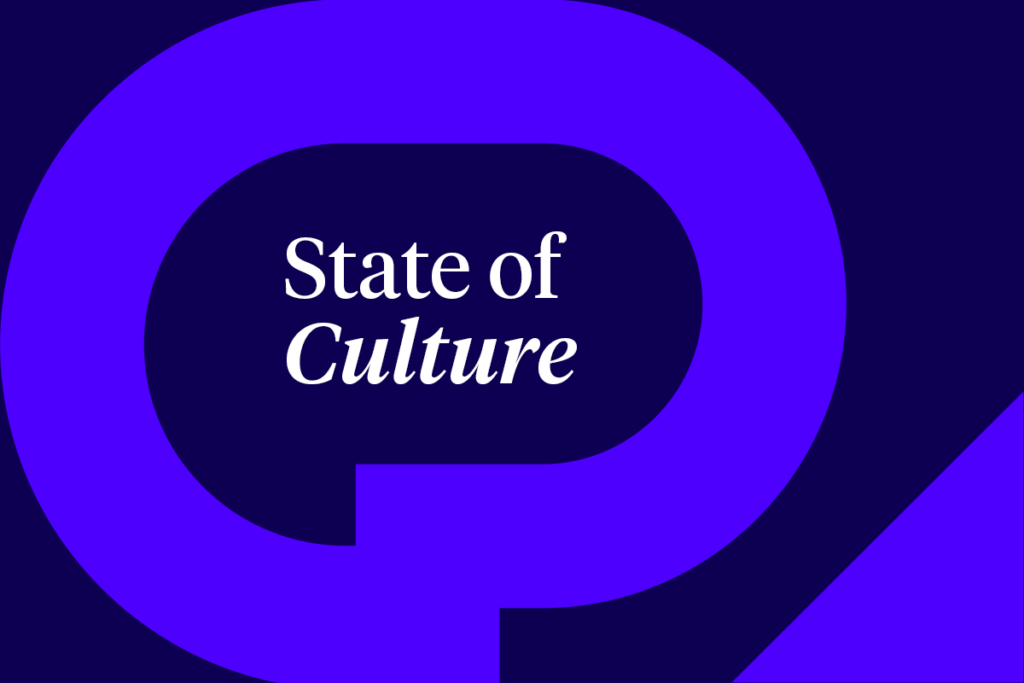This is undoubtedly a complicated topic, and thousands of teams around the world struggle with accountability and autonomy. As HBR has noted, the lack of accountability is rarely intentional, meaning managers and executives do have the best intentions. (We’ve seen that in our client work as well.) Rather, the lack of accountability is the result of an underlying issue, which is usually unclear job roles, constant pivots in strategy (which leads to pivots in day-to-day responsibilities), micromanagement, et al.
But throughout most studies, team leads want more accountability and autonomy in their teams — thus allowing them to focus more on the bigger picture and less on the day-to-day minutiae of execution.
How does this gap get closed?
At Culture Partners, we actually offer a two-day Accountability Workshop, which is built around four A-word principles:
- Align
- Activate
- Accelerate
- Assess
Think of it as “prep work” (align), early-stage work (activate), turning up the heat (accelerate) and being more data-driven around what “accountability” and even “culture” mean (assess).
In the “Align” stage, we work with clients to determine measurable desired results to direct everyone on your journey toward a practical, meaningful, and memorable target. How can people take accountability for a result that is undefined or unclear? They can’t. Accountability begins by clearly defining the results.
In the “Activate” stage, we enable your internal champions as certified workshop facilitators to cascade the principles and tools of positive accountability throughout your team, department, or entire organization. This select group functions additionally to model accountability best practices and coach others during the course of the journey.
In the “Accelerate” stage, the work gets fired up. We elevate accountability with simple, powerful steps anyone can follow to take personal ownership for collective results. This helps to improve team communication, feedback, problem-solving, and ownership for results.
Still in this phase, we up-skill managers and front-line teams in establishing expectations to heighten skills in holding others accountable, then diagnose and manage unmet expectations to close performance gaps before they become costly problems and undermine results.
Finally, in the “Assess” stage, we work to create leadership alignment, achieved with our proven process, including biannual Accountability Reviews — which evaluate progress made and improvements needed to ensure the journey stays on the right track. We work with you to redefine desired results and adjust. Every year, your Accountability Journey and your measurable, desired results are evaluated in the context of ever-present change.
The above is a high-level overview of how we work on accountability in teams throughout deeper engagements. In the two-day version, you learn more about activating accountability in the sense of:
- Defining desired results
- Tying those results to day-to-day tasks
- Slowly establishing accountability and autonomy around those tasks
And as Harvard has cited, accountability has a drastically positive effect on team performance. The only workplace factor with a greater effect is typically thought of as “psychological safety,” and that’s deeply tied to accountability too. “Psychological safety” is the sense that teammates have your back, ideas can be discussed, people pick up for others in times of need, etc. It’s nearly impossible to have a team with psychological safety unless that team also has a deep sense of accountability.
In short: accountability matters. It makes work more purposeful for the individual, it gets leaders out of the weeds, it drives results, and it makes the experience of work better for all.




